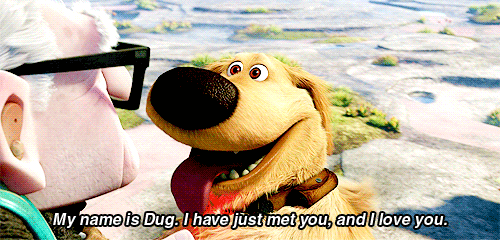I began planning immediately. I tried to think of what my professors had done that I really liked when I was in college. They:
- made me feel as though they cared and formed relationships
- gave me practical knowledge as well as theory
- remembered that we all had lives outside of school (I happened to have 3 kids while finishing my bachelors)
- made me laugh
- told me stories
- challenged me to think differently
And I tried to remember what I didn't like:
- when they were super unorganized (I had a prof that wore her button-up shirt inside out once)
- the work seemed like it was designed only to keep me busy
- they lectured - all. the. time
- there was no "give" to their methods (due dates were due dates no matter what, how I showed my learning was nonnegotiable, etc)
- they clearly didn't care
I also thought about my experiences in the professional development that I provide to teachers, and how I have been working toward providing PD that is more personalized and that has voice, choice and pacing options. I wanted that for my students as well because I wanted to model that type of classroom environment and learning. I wanted to model innovative thinking. I wanted to show the importance of making connections.
In true "first year teacher fashion", I'm not sure how much of this I did. My good intentions were definitely there. We read the Innovator's Mindset by George Couros (clearly I have an affinity for this book). I tried to come up with innovative ways for students to do their weekly reflections/discussions on the chapters. We did EDUin30 videos, group discussions, a Twitter chat, used Padlet...I wracked my brain trying to think of different ways. We connected with Jen Hegna and her Innovation Cohort of grad students twice during the semester to grow our PLN and learn the importance of being connected. I gave choice in their assessments and modeled using rubrics to allow for that choice. Once they figured out that they could actually be creative in their assessments, mainly in our very last Innovator's Mindset reflection, what they turned in was amazing. Certainly beyond my expectations. Every. Single. One.
Still, I feel like I could have done more.
Now that it's the last two weeks of the semester, it has really hit me that the two classes I had this semester are the equivalent of the first class that I ever taught in middle school and then again in the first class I taught in elementary, I am going to MISS them. Every single Monday and Wednesday I laughed, had moments of teacher pride and saw many of them grow in their thinking. Sometimes I caught them rolling their eyes at me, but hey, there are times I'd roll my eyes at myself, too. One of the reasons I love being a technology coach is because I feel like I can reach so many more students by working with their teachers, even if I don't do it directly. I feel the same way about teaching students who will one day be teachers, and on the way I also figured out that college students are phenomenal people. When you allow them, they love to laugh and have fun while they learn. They still can have a creative side when you allow them. They will challenge themselves as evidenced by some of their EDUin30 videos and how they posted them on Twitter (SO proud of them for that-see examples here). Sometimes I think we spend so much time labeling people with their generation and focusing on what they don't do that we forget to remember the awesome people that they are and focus on their strengths. In the past, I have been guilty of this as well. Overall, I have learned that it is possible to love students after 14 weeks, and teaching these courses might be one of the most important jobs of my career.
I highly recommend, if given the chance, to give being an adjunct a try. It is a truly rewarding experience. When you do, I hope you have someone like my friend Brian Bartel, who is a tech integrator like me by day and an adjunct by night, who answered every one of my questions. All 1001 of them. At least twice (I suspect he's just copying and pasting answers to me now). Thanks Brian! :)




